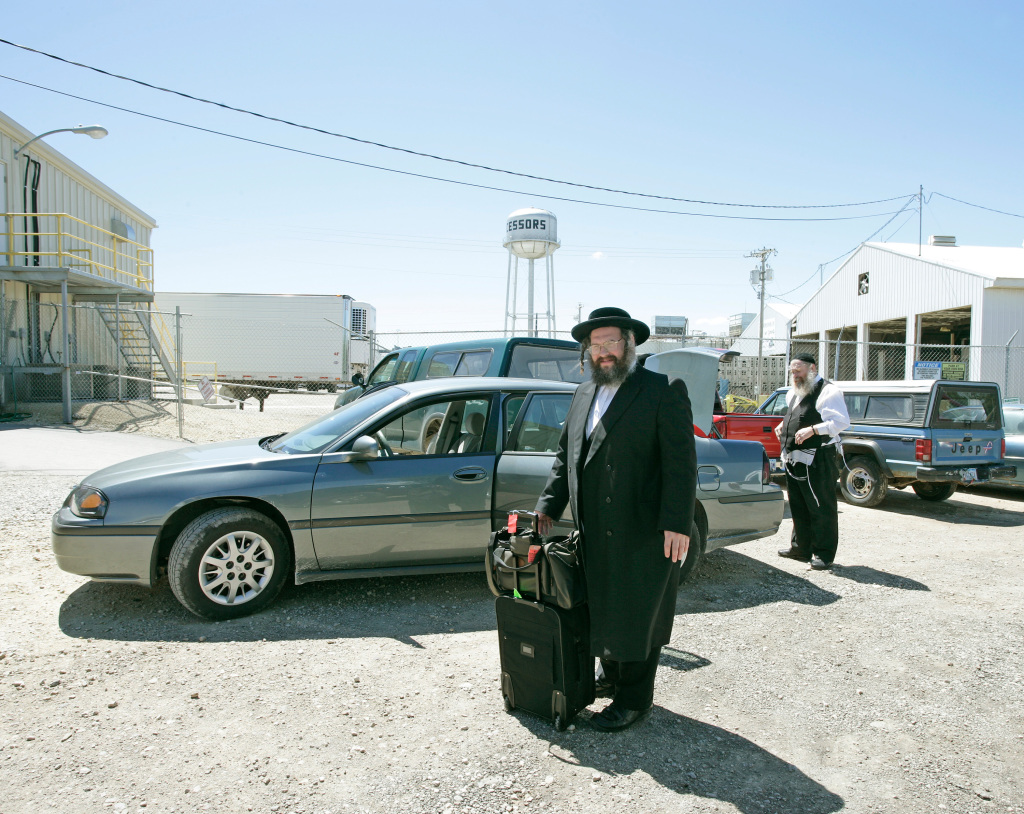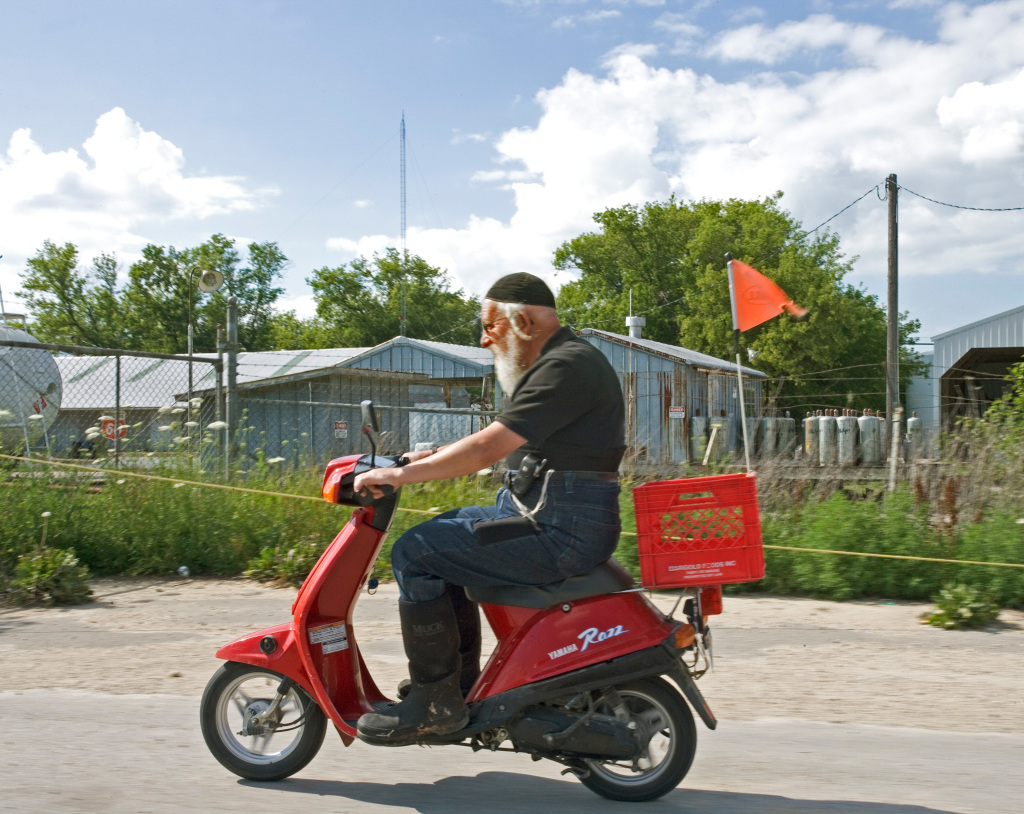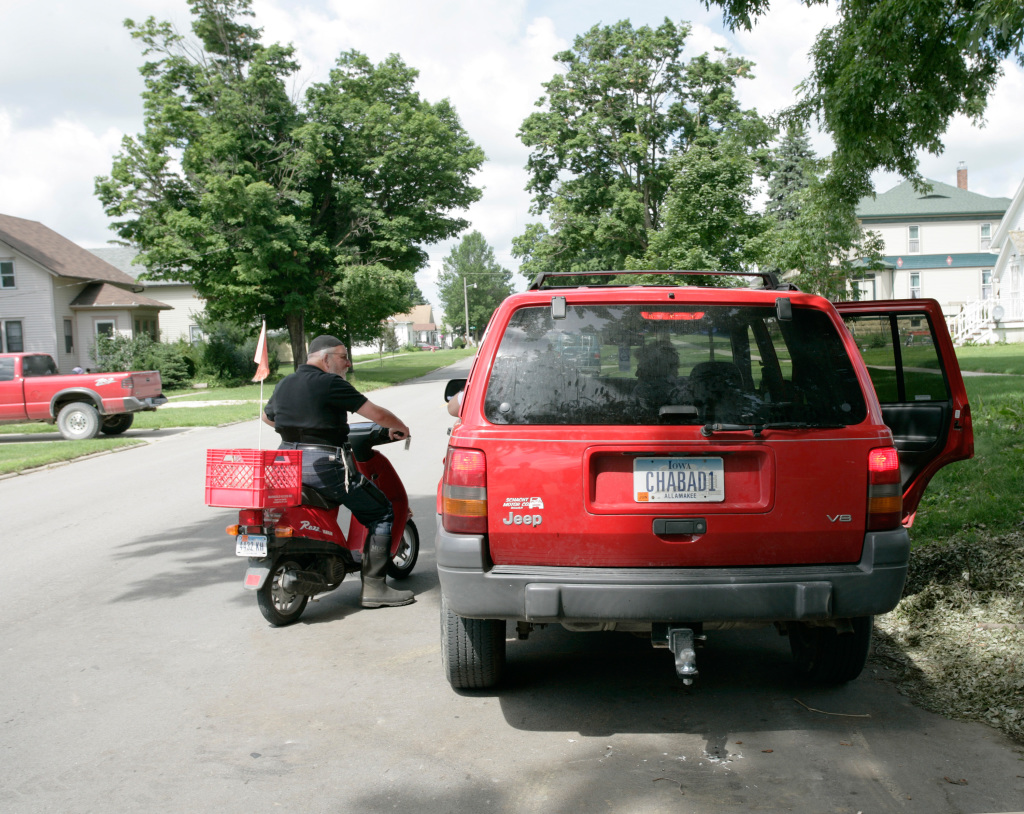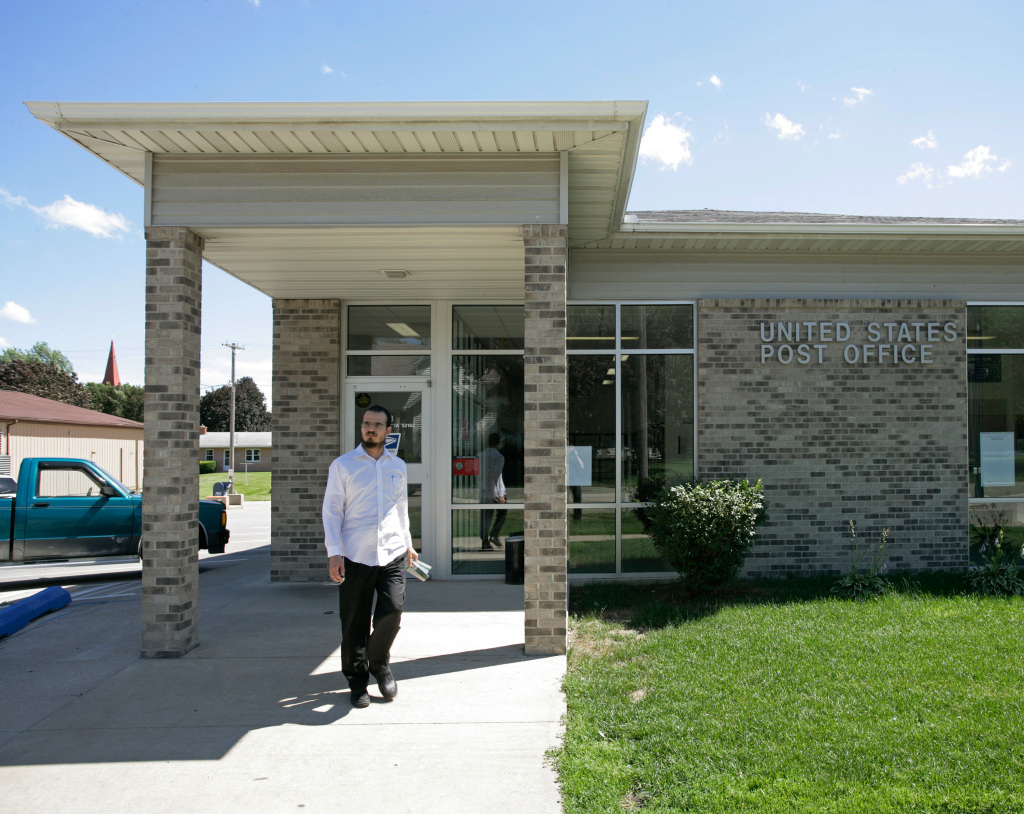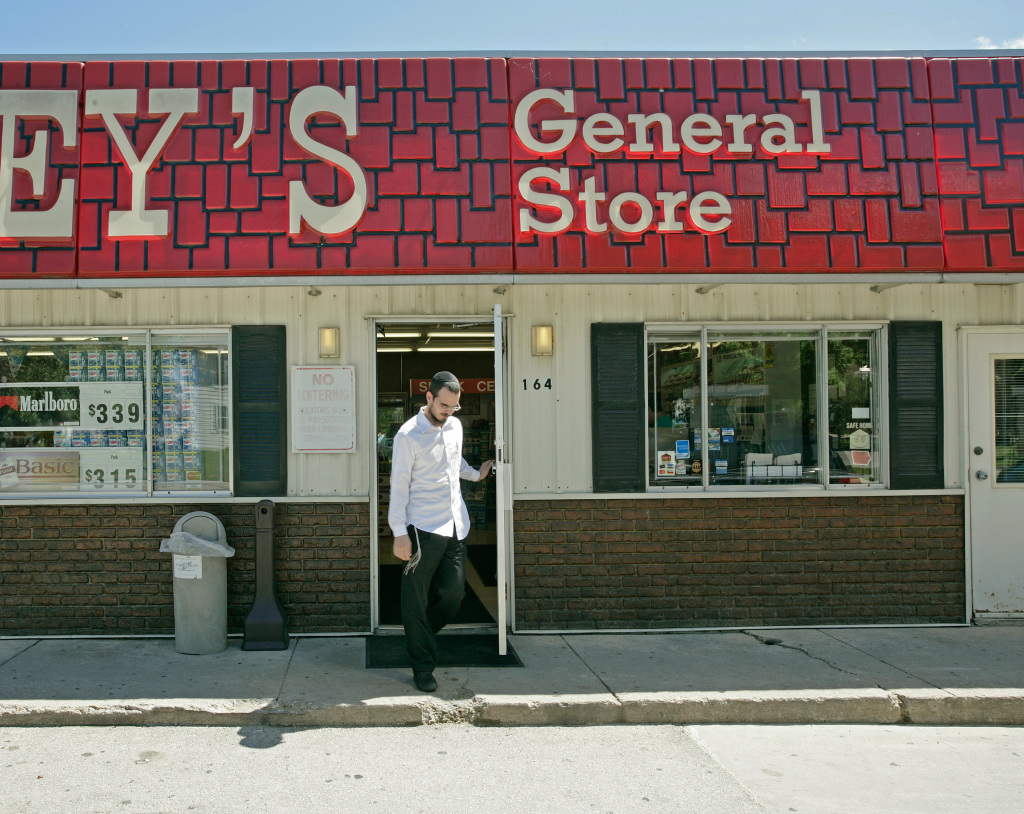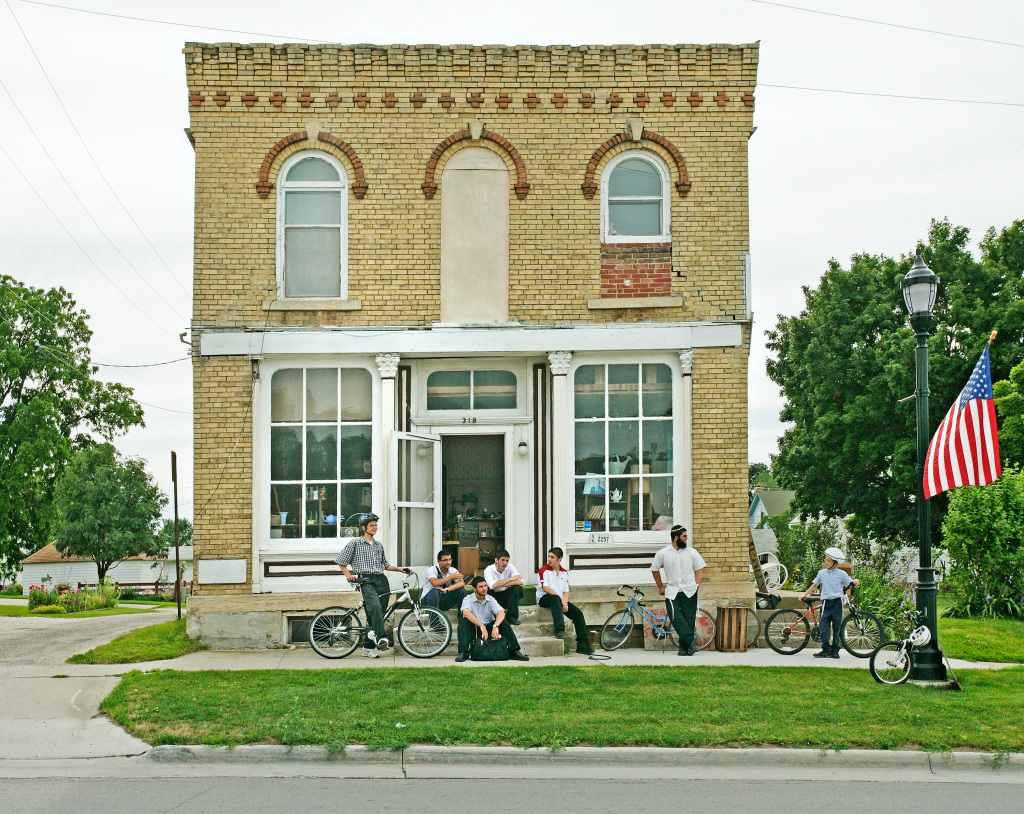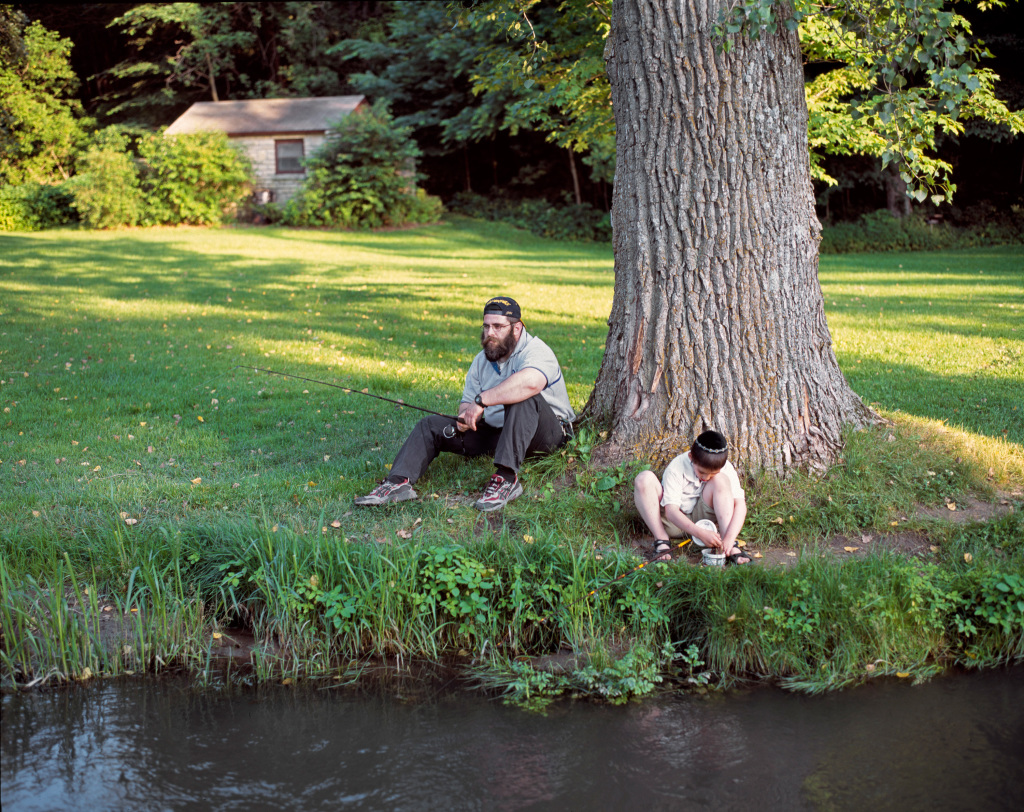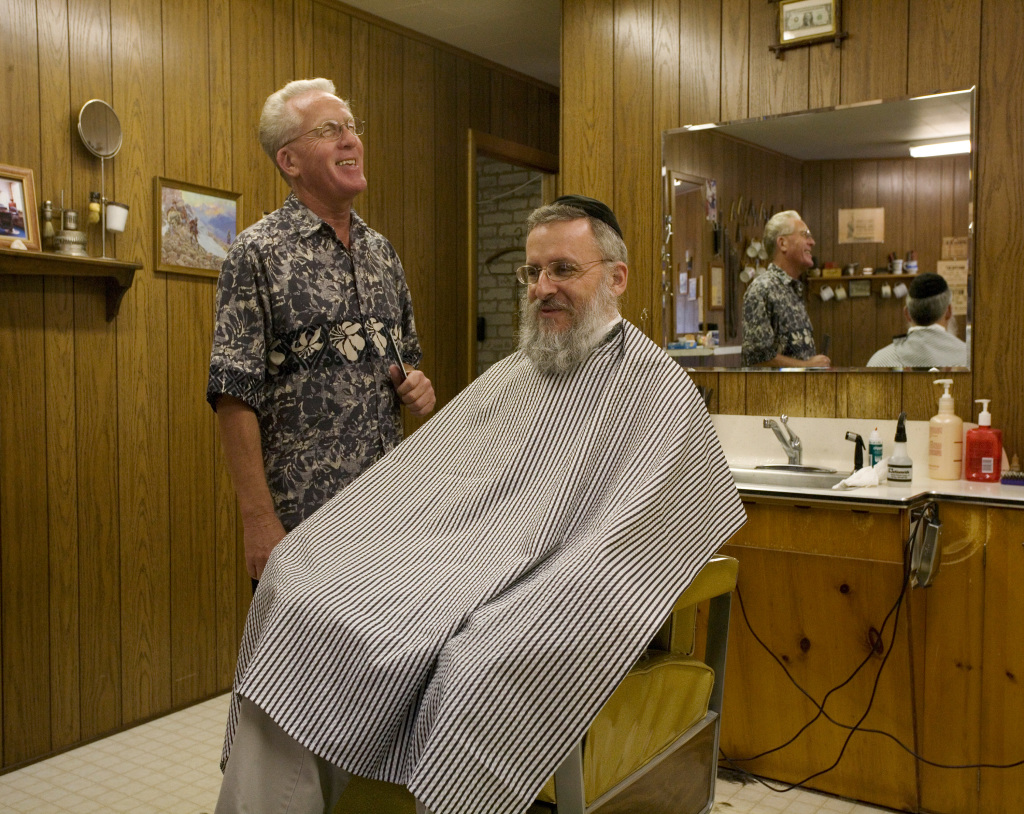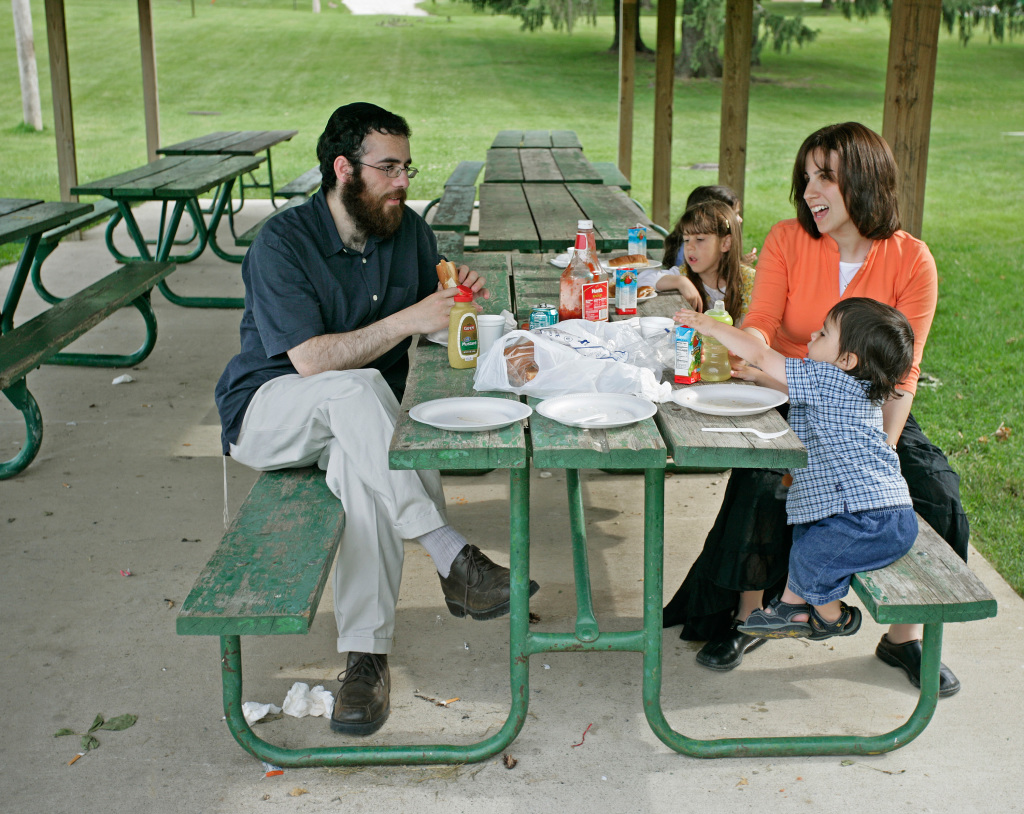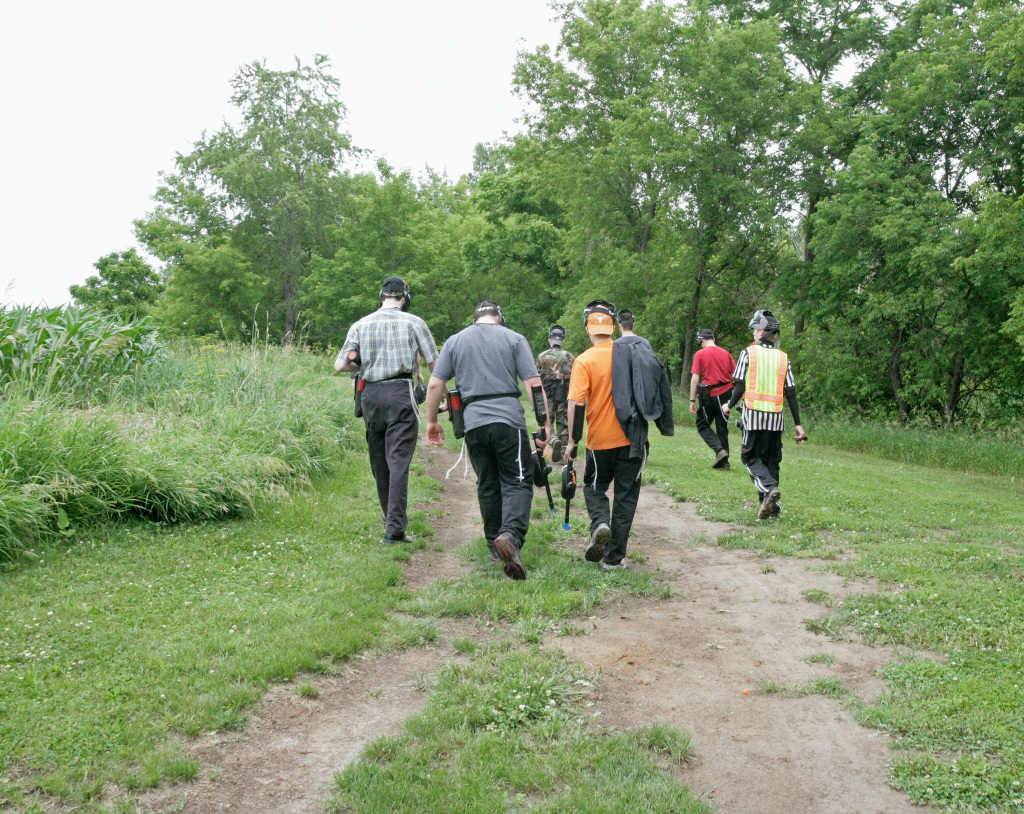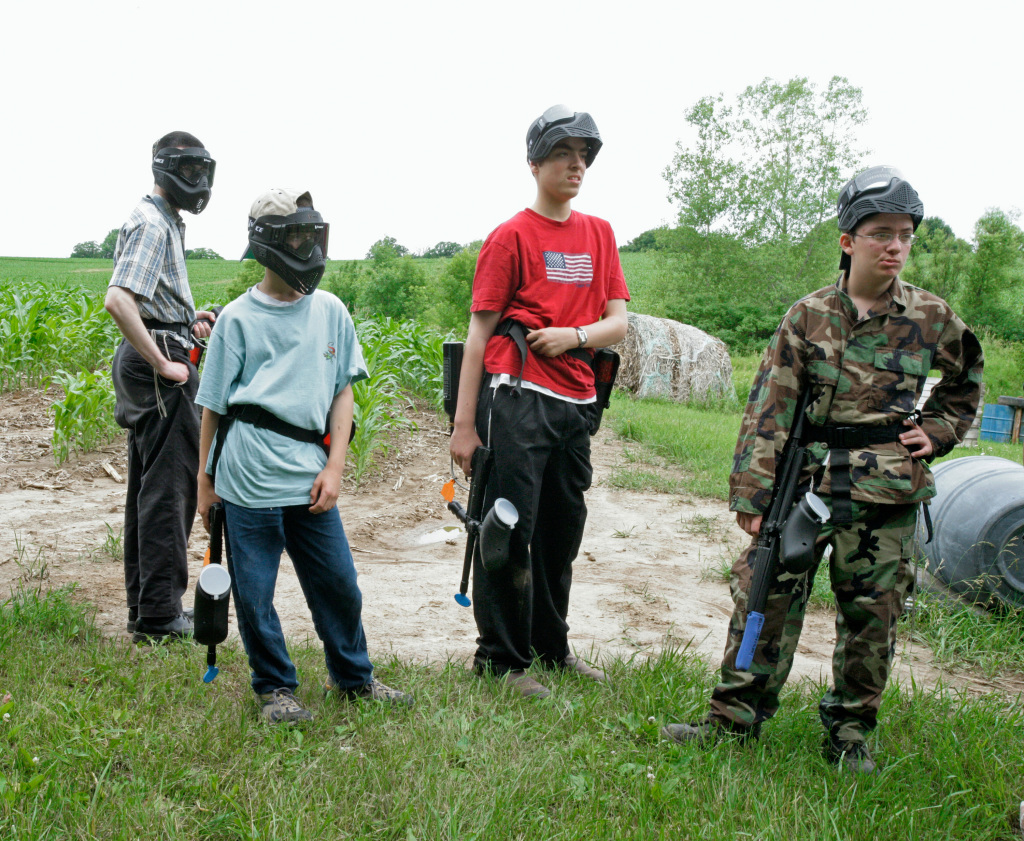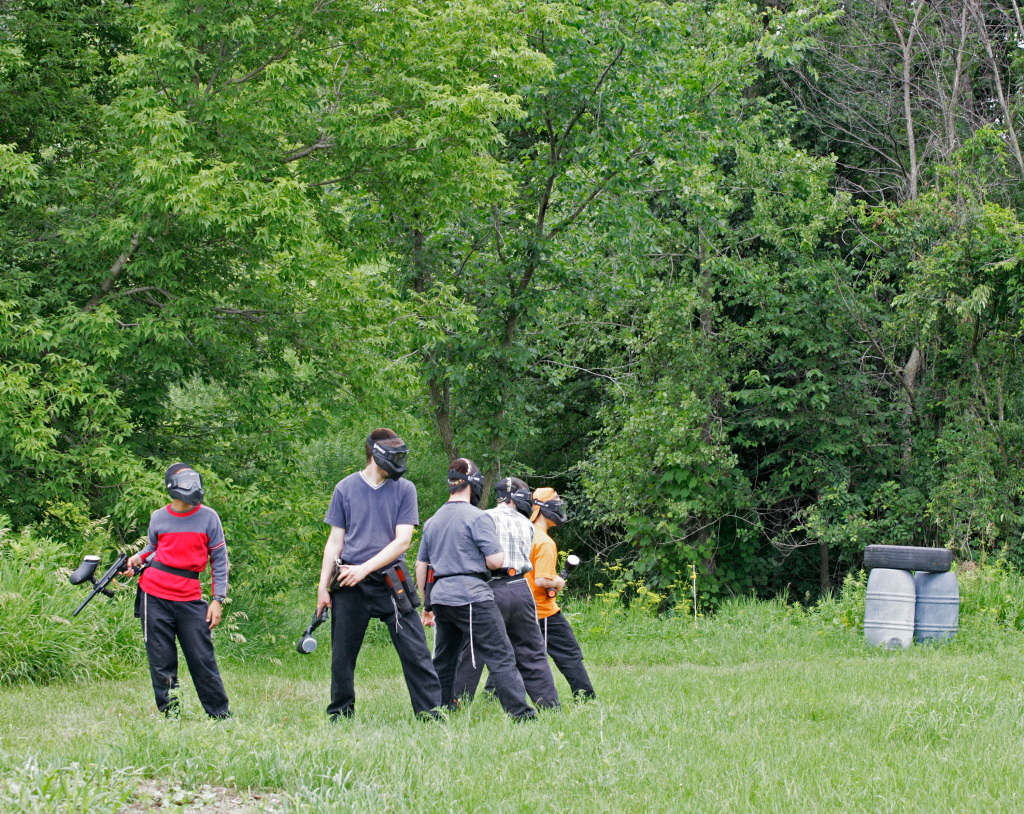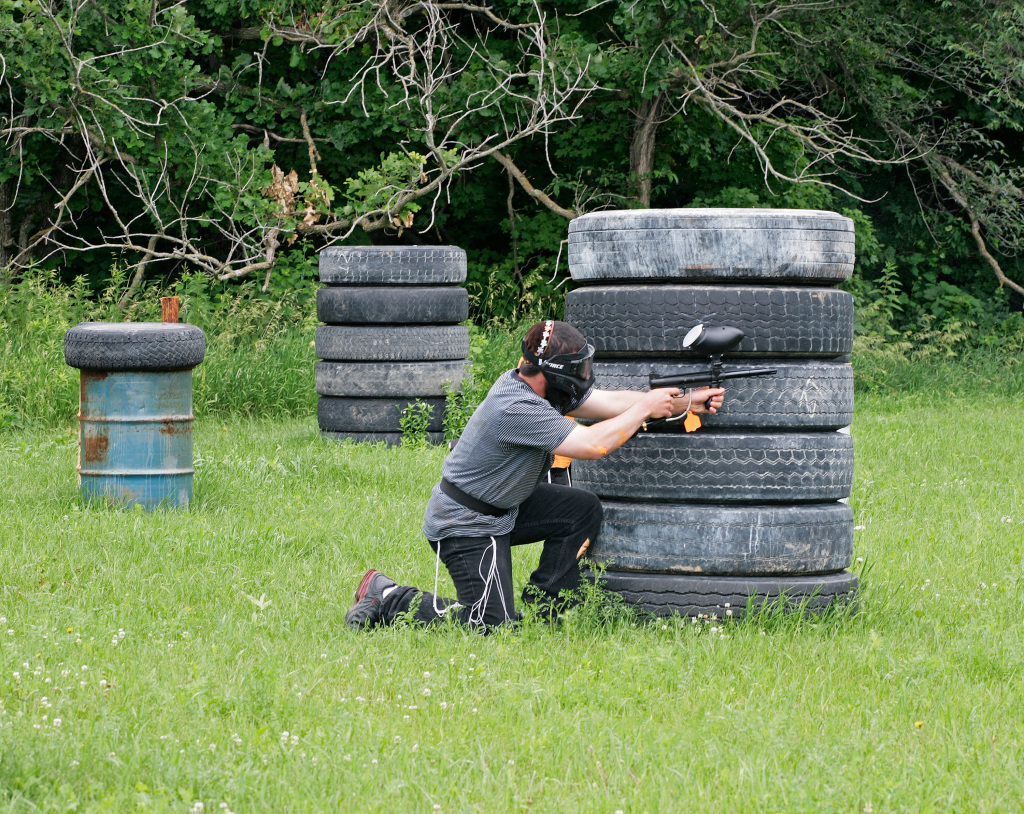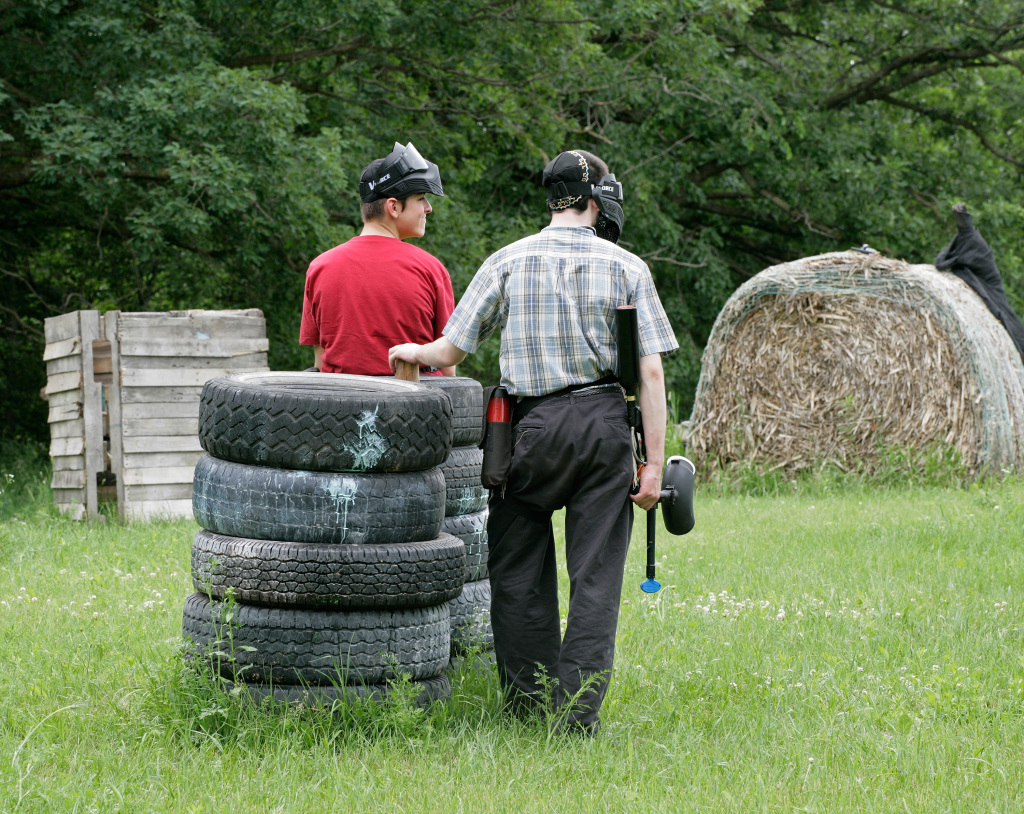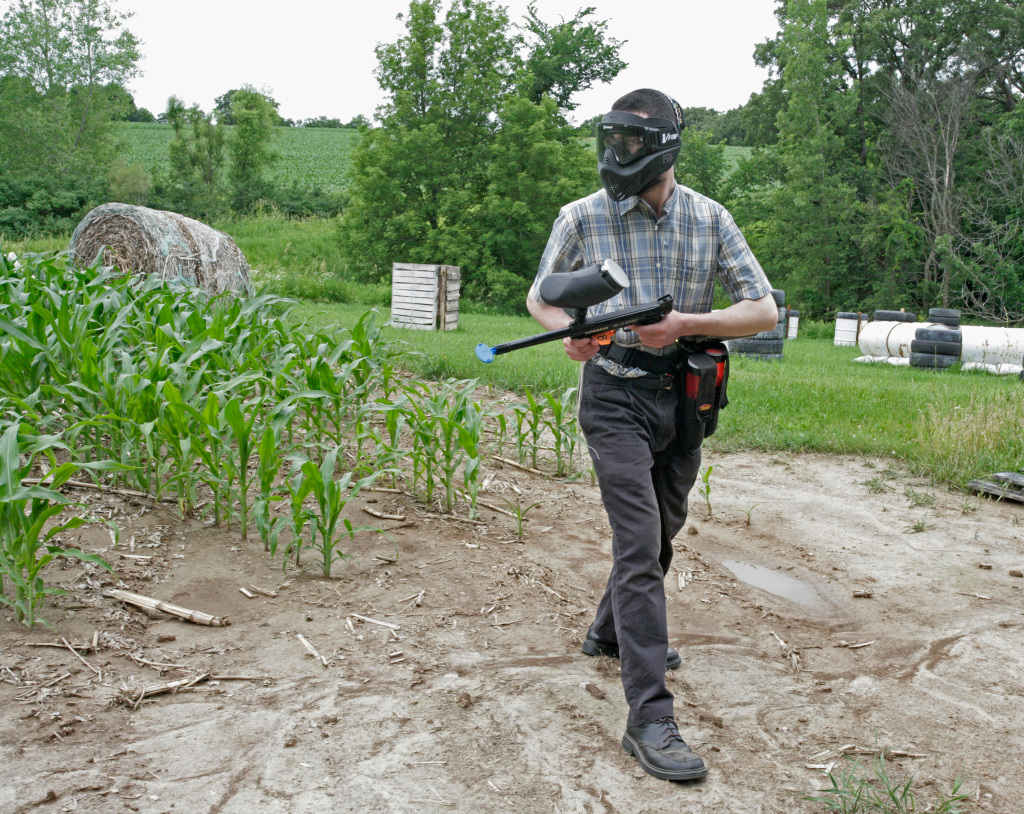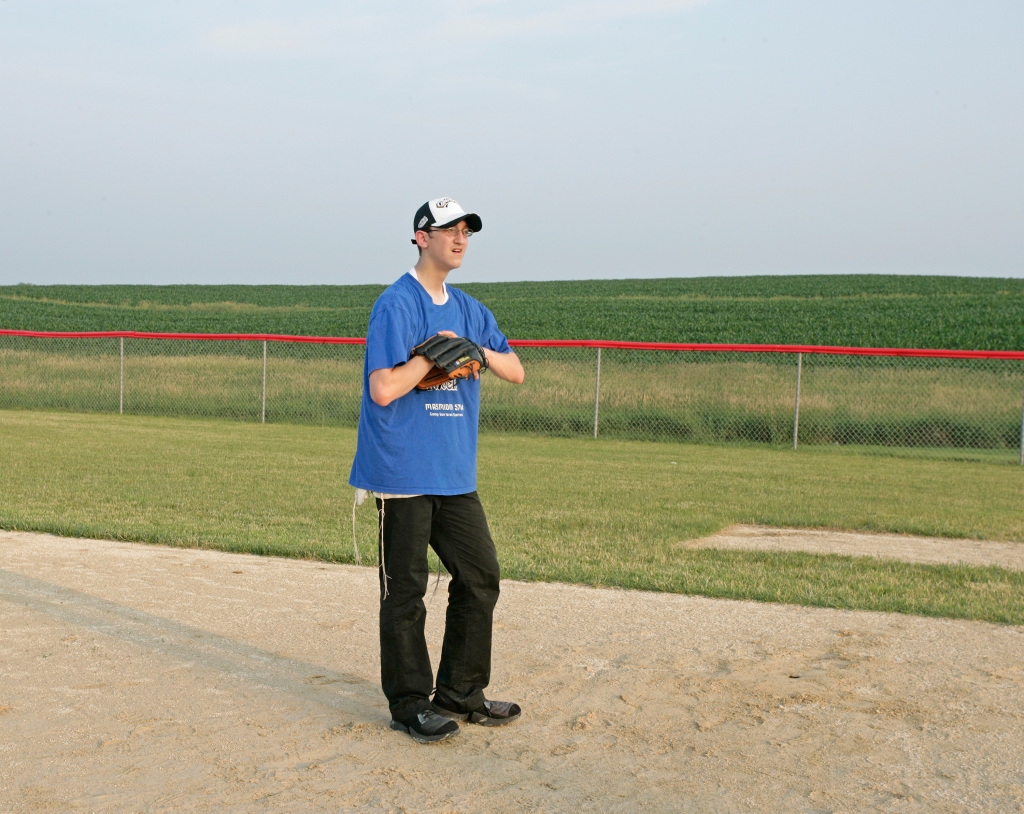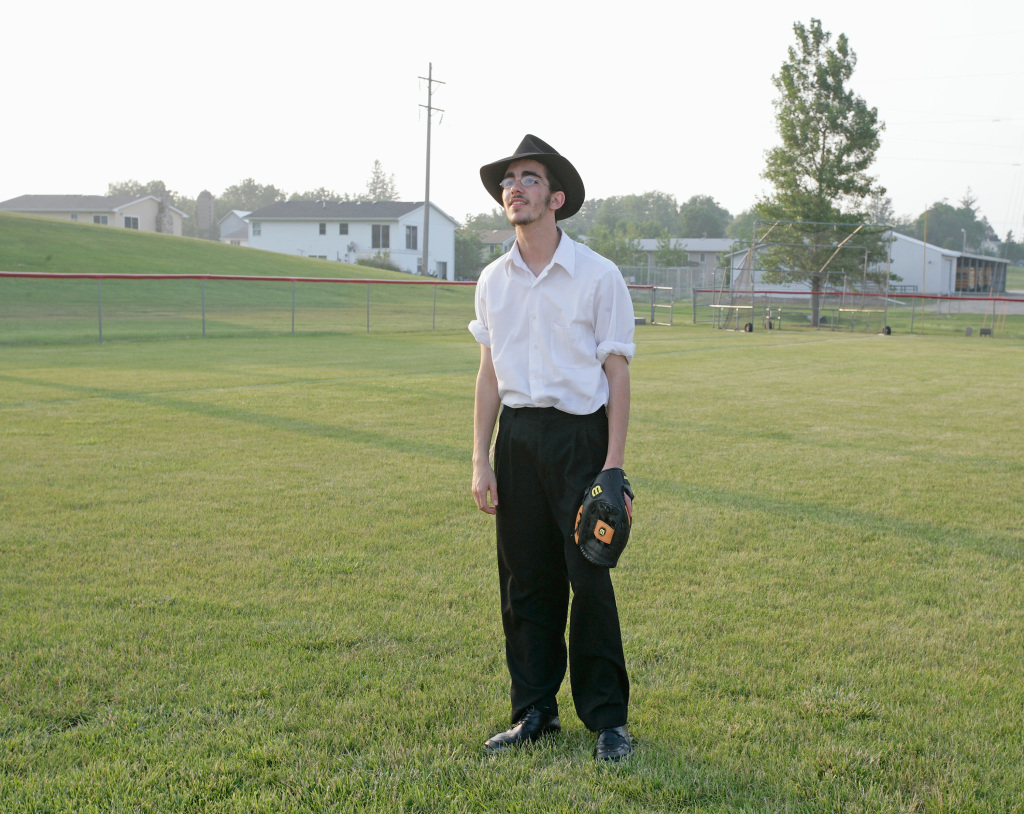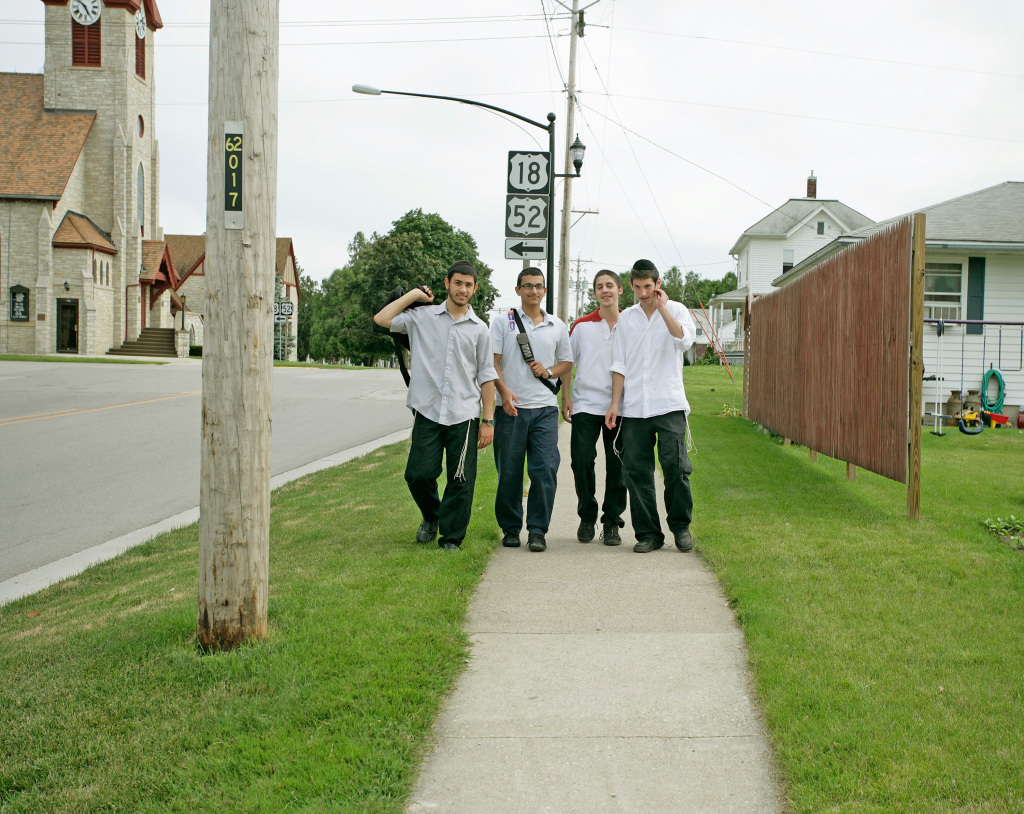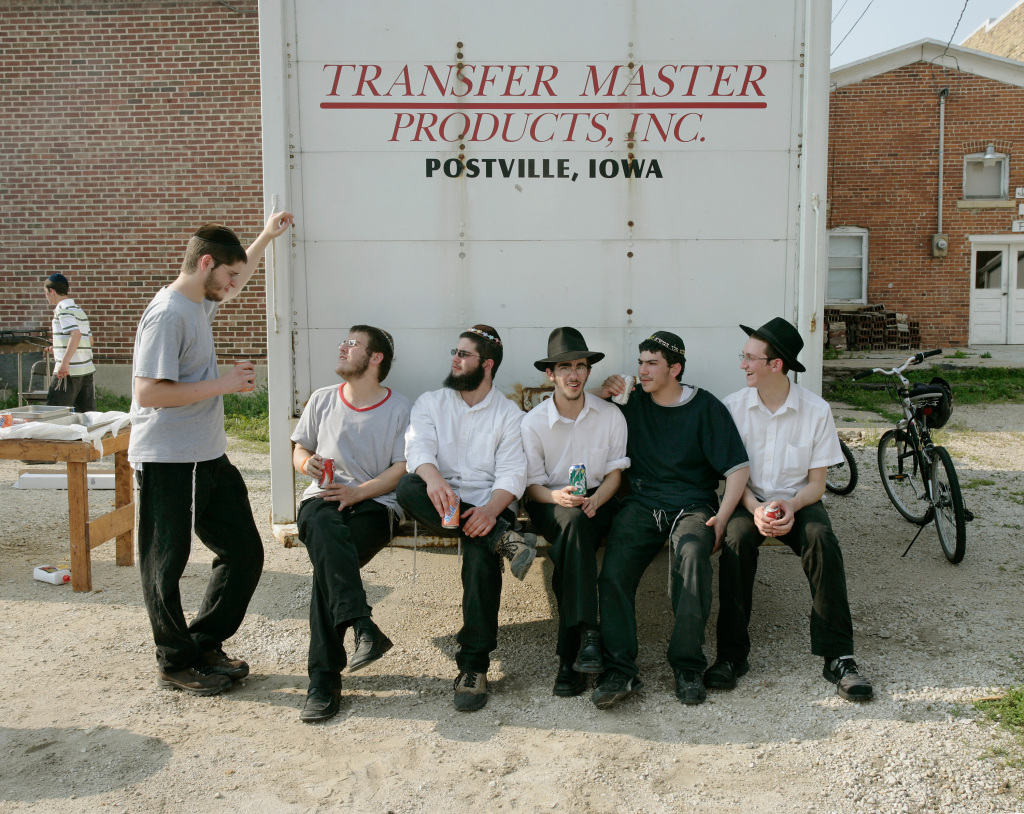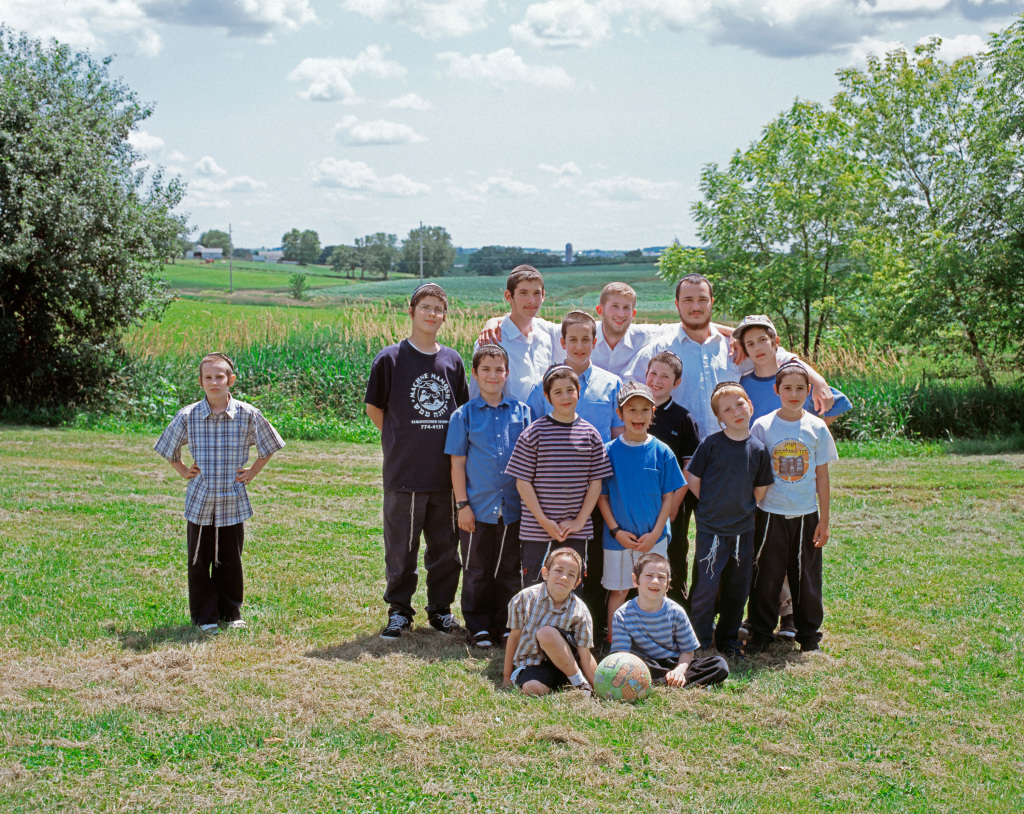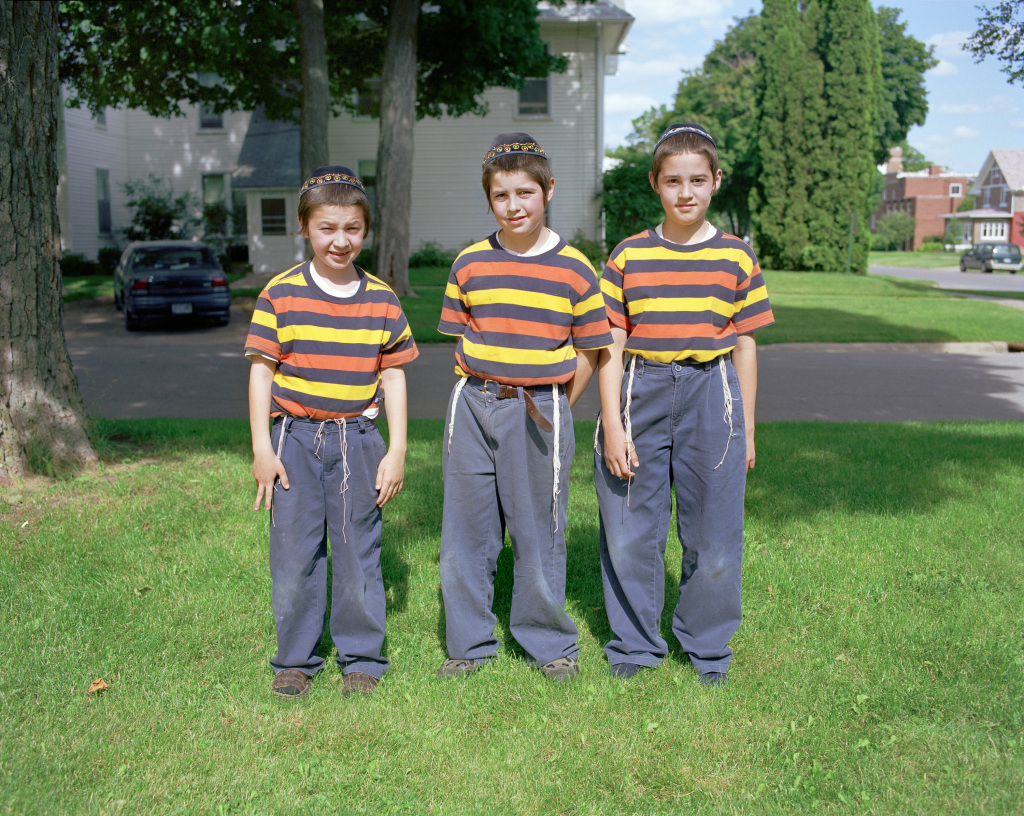


Postville
In 1987 Aaron Rubashkin, a Russian-born, orthodox Jewish meat provisioner from Borough Park, Brooklyn bought and refurbished a defunct slaughterhouse in the small town of Postville, Iowa. His idea was to establish a large meat plant in an area that produces some of the best beef and poultry in the country. The highly successful AgriProcessors Inc. now provides meat products that are Glatt Kosher (the most stringent type of Kosher) to Jewish communities around the world. The plant employs 350 workers, many of whom are ultra orthodox Jews and of those mostly are Lubavitch Rabbis, giving Postville the largest number of Rabbis per capita in the world.
The Hasidic workers brought their lives from Brooklyn and established a modern “shtetl” — a Yiddish word for the neighborhoods that were scattered throughout eastern Europe — in a small corner of Iowa. They set up a synagogue, two schools including a Yeshiva, two ritual baths (one for men and one for women), and the only kosher market and restaurant in the state of Iowa.
Many of the Jewish residents feel isolated and far from their larger community. In Postville they are surrounded by Christians of German and Scandinavian descent, as well as the other plant workers from Latin America and Russia. However, Lubavitchers embrace technology and so they travel frequently and use modern communications to keep in touch internationally. The disadvantages of Postville, ranging from chores such as lawn mowing and car maintenance to the exhausting factory work, are balanced by the advantages of country life: spacious, affordable houses with backyards, safe streets, and a beautiful countryside that encourages Midwestern activities such as fishing, hiking, bike riding, and going to country fairs.
Andrea Robbins and Max Becher 2005
